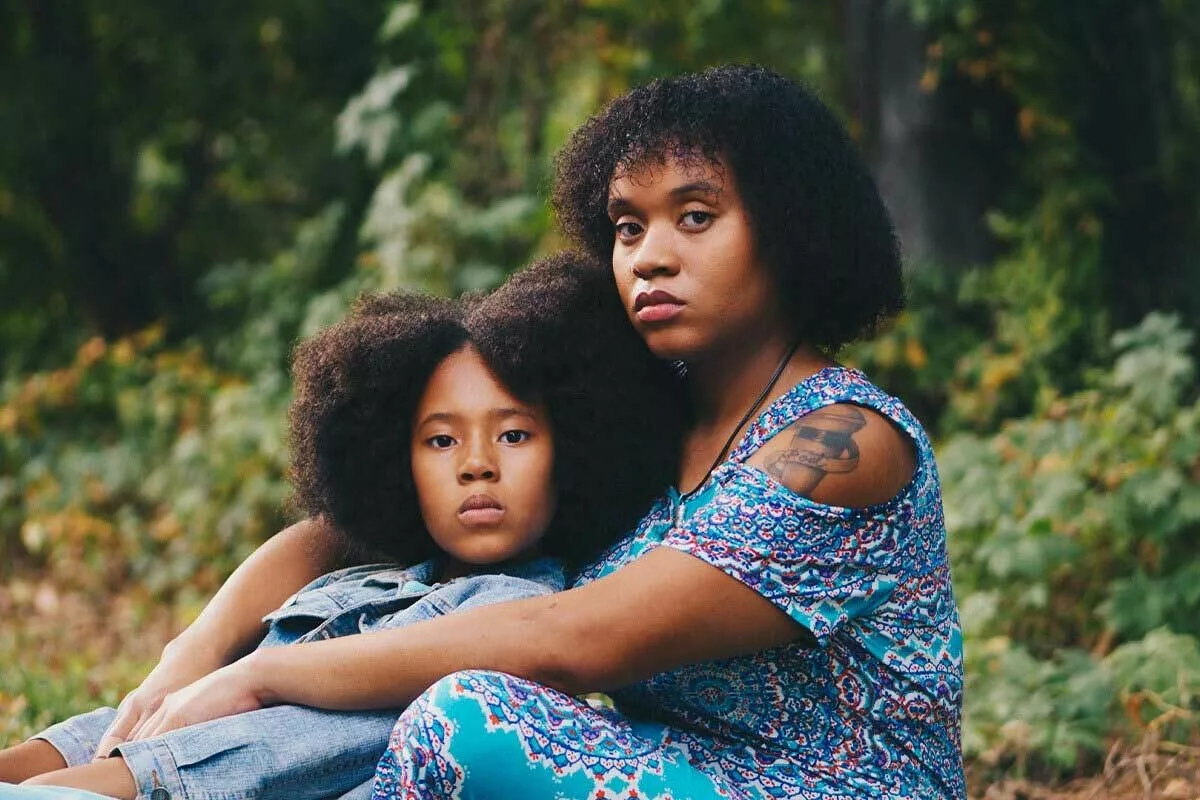

Understand their perspective
Learn about your child’s emotions and challenges to prepare yourself for conversations.
Prepare for conversations
The lives of young people today are very different from the lives of previous generations. The more you learn about what your kids are going through, the better equipped you’ll be to offer meaningful support.
Don’t wait for your child to start a conversation, especially about a serious issue that affects their emotional wellbeing. They may feel uncomfortable raising certain topics, or they may worry that you won’t understand what they’re going through. Believe it or not, research shows teens do want to talk to their parents and caregivers.
As a caregiver, you can help create a safe space where they know they can open up to you about anything.


Familiarize yourself with emotions or topics that might come up
Spend some time thinking about different scenarios and topics that might come up in conversations with your child, as well as emotions and moods they may be experiencing.
Prepare yourself mentally
It’s important to be mentally prepared for the challenges that may come up in a conversation with your child. While there is no “perfect” time to start the conversation, it’s best to engage when you are calm and centered. Find ways to ground yourself, like breathing exercises, before you go into the conversation. You can also revisit these techniques during conversations if you/your child start feeling overwhelmed or reactive. (For more tips on how to support your own mental health, visit LoveYourMindToday.org.)
Remember to go into the conversation with the intention of staying focused on your child’s wellbeing, which can help you respond in a way that your child will be receptive to. It’s not you versus your child; It’s you and your child versus the problem. Stay calm and curious, actively listen to what they are saying without judgment, and take time to process the information they share before you respond.

Normalize talking about emotions
It’s important that your child knows they can talk to you about their emotions, and talking about emotions doesn’t just have to happen when they are going through a hard time. The more you encourage your child to talk about their emotions–-both positive and negative–-the more your child will feel comfortable coming to you for these conversations.
A conversation doesn’t have to happen at a specific time or place, and it shouldn't feel like a big deal to the child. Try checking in when you're already spending time together or doing an activity your child enjoys. Talk while you're making dinner, in the car on the way home from school, taking a walk, or after watching a favorite TV show together.
Keep the conversation casual and relaxed. It doesn’t have to be long or intense to be meaningful.

How to know if your child may be experiencing a problem
It’s normal and healthy for kids to experience a range of emotions. Kids often cope in ways that bring relief and do no harm (talking about feelings, seeking comfort, finding a brief distraction, listening to music, etc.), but it can be concerning if they are coping in ways that are, or can become, destructive (like lashing out at others, pushing away their feelings, or turning to substances).
If you're noticing ongoing, marked changes in your child's behavior or emotions, there could be a more serious issue at hand.
- Changes in habits, such as eating, sleeping, self-care, or socializing.
- Mood swings or irritability.
- Difficulty or neglect of self-care, personal hygiene, etc.
- They are fearful of or avoid certain environments, situations, or social interactions (like going to school or meeting friends).
- Using drugs or alcohol.
- Unusual anger, getting in fights, or suddenly not getting along with others.
- Increases in reckless, impulsive, out-of-control behaviors.
- A decline in school performance.
